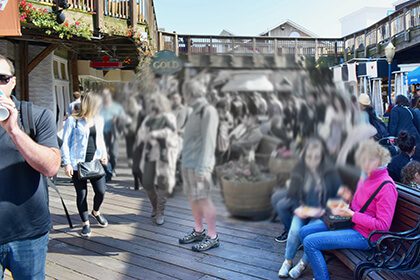Condition
Age-related Macular Degeneration (AMD) is the leading cause of vision loss and blindness in Americans ages 65 and older. The condition occurs when the macula, which is the part of the retina responsible for the sharp, central vision needed to read or drive, deteriorates. Because the macula primarily is affected in AMD, central vision loss may occur. There are two forms of AMD: wet and dry. Patients with wet AMD develop new blood vessels under the retina. This causes hemorrhages, swelling, and scar tissue. Dry AMD is much more common and is characterized by drusen (small, yellowish deposits) and loss of pigment in the retina.

Risk factors include:
- Heredity
- smoking
- blue eyes
- high blood pressure
- cardiovascular disease
Prevalence
1.75 million U.S. residents have advanced age-related macular degeneration. The number of cases is expected to rise to almost 3 million by 2020.
Symptoms

Macular degeneration usually produces a slow, or rarely, sudden painless loss of vision. Early signs of vision loss from AMD include shadowy areas in your central vision or unusually fuzzy or distorted vision. Retinal exams can detect early signs of macular degeneration before symptoms occur. When macular degeneration is suspected, a brief test to measure your central vision may be performed.
Treatment
Dry AMD cannot currently be treated, which does not mean you will lose your sight. Fortunately, dry AMD develops very slowly. Although you may lose some of your central vision over the years, most people are able to have normal, active lives, especially if AMD affects only one eye. Currently, Retina Institute of Hawaii is excepting enrollment for a clinical trial, which seeks a new care option for wet AMD. NeoVista’s Novel Wet AMD Therapy includes a one-time treatment of a targeted dose of beta radiation to leaking blood vessels and two injections of anti-vascular endothelial growth factor. Other treatment options for wet AMD are also available.



Whether it's macular degeneration or cataracts or a simple eye exam, you can find the most advanced care at our offices across the islands. Mahalo, David, for taking the time to tell about your experience with Dr. Miller and our Kona team while they took care of your macular degeneration. We take care of our patients like they are 'ohana.
🌺#ohana #MacularDegeneration #hawaii #bigisland #Eyecare ... See MoreSee Less
0 CommentsComment on Facebook
Each year, approximately 100,000 people suffer sports-related eye injuries, with around 13,500 leading to permanent vision loss. Most sports-related eye injuries can be prevented by wearing the right protective gear. Visit our optical in Kona and Lihue to get outfitted with the right eyewear for your active lifestyle.
#SportsEyeSafety #ProtectiveEyewear #sportsprotection ... See MoreSee Less
0 CommentsComment on Facebook
Your vision plays a vital role in your quality of life, and routine eye exams can help detect early signs of systemic conditions like diabetes, hypertension, and more.
✅ Schedule your annual eye exam
✅ Protect your eyes from UV rays
✅ Eat a nutrient-rich diet for healthy vision
Let’s keep our eyes—and our bodies—healthy together. 💙
#WorldHealthDay #EyeHealthMatters #VisionCare #Ophthalmology #HealthyEyesHealthyYou ... See MoreSee Less
0 CommentsComment on Facebook
Don't live with cloudy vision due to cataracts. We offer advanced Laser Cataract Surgery at the Ali’i Surgery Center on Oahu. Call us today to schedule your cataract exam and discover if now is the time for your cataract surgery. ... See MoreSee Less
0 CommentsComment on Facebook
We are so blessed with amazing optometrists who care deeply for our 'ohana. Mahalo Dr. Kashiwa, Dr. Ho and Dr. Bryant for taking such great care of our community. Happy World Optometry Day. ... See MoreSee Less
0 CommentsComment on Facebook
"Cez” has been working in the field of ophthalmology for over 18 years and has been with us for 12. She even volunteers her services to provide free eye care in the Philippines as part of the Bayanihan Without Walls Program. She serves multi-functionally as the clinic manager for all BEI locations and as a lead surgery coordinator/technician. A fluent native speaker of Ilocano and Tagalog, Cez is very passionate and tremendously happy and dedicated to providing quality eye care to every patient who comes her way. Drop a ❤️ or a comment below to thank her for all her hard work! ... See MoreSee Less
0 CommentsComment on Facebook